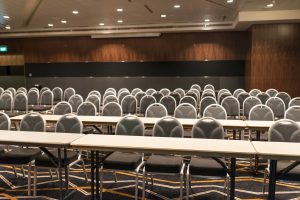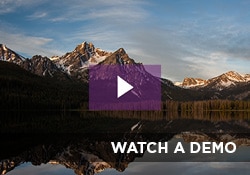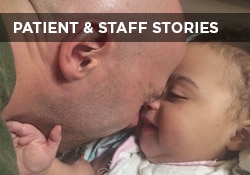This website uses cookies so that we can provide you with the best user experience possible. Cookie information is stored in your browser and performs functions such as recognising you when you return to our website and helping our team to understand which sections of the website you find most interesting and useful.

Susan E. Mazer, Ph.D. Blog
Thoughts and ideas on healthcare
Hi, and welcome to my blog! I'm Susan E. Mazer -- a knowledge expert and thought leader on how the environment of care impacts the patient experience. Topics I write about include safety, satisfaction, hospital noise, nursing, care at the bedside, and much more.
When Less is More and More is Not Enough at a Healthcare Conference
July 24, 2015
 TED talks have effectively identified a time limit on our attention span. We are good for 18 minutes — well, maybe 20. And, if you have ever watched a TED talk, they are so tight, so compelling, so to-the-point, that if they were any longer, their effectiveness may decrease.
TED talks have effectively identified a time limit on our attention span. We are good for 18 minutes — well, maybe 20. And, if you have ever watched a TED talk, they are so tight, so compelling, so to-the-point, that if they were any longer, their effectiveness may decrease.
Healthcare conference organizers often try to “TED” their format, offering breakout sessions with multiple speakers giving short, 20 minute presentations. However, what remains a holdover from the old conference model is the talking head at the podium who doesn’t interact with the audience.
Assuming that the expertise lives at the podium is a big mistake. Freelance writer Beth Baker observed this at the White House Conference on Aging last week.
In a blog post about the event she writes, “Conference organizers had succeeded in bringing together hundreds of people, many of whom have given their lives to transforming the experience of aging in our country. Yet their voices were silenced by a rigid agenda and a lineup of panelists who seemed oblivious to the fact that they were addressing many giants of reform. There was little sense of urgency given the enormity of both the challenges and the opportunities before us.”
What a loss. What a lesson.
It is fair to say that the expertise that comes together at any conference far exceeds the limited expertise of any one speaker — or any four speakers. And, making space for people to find each other, to share openly and experience their collective genius and creativity is critical to creating a better future given everyone has a stake in it.
That said, I often speak at healthcare conferences where I stand in front of the room (I hate podiums!), and unless time allows, the exchange between me and the audience is often limited. I look into the audience and never really find out why someone came to the session or what they really want to talk about.
However, I stay for the whole conference to take advantage of the many people gathered to do great work by mingling, chatting, and being available. Usually, there are many opportunities during a conference to seek out and engage each other.
Nonetheless, the format often still controls the dialogue, time, and focus. And, the red speaker ribbon on my name badge makes me different from those without a red ribbon.
So, it’s time to change the model.
World Cafe and Open Space are two innovative technologies that support focused, all inclusive participation and conversations. And, they work for groups of all sized.
Open Space Technology believes (and has proven) that groups are self-organizing; that the agenda can be more compelling set in real time; that everyone has something unique to contribute; and that problems can be solved better with the collective mind than a singular, constricting set of speakers.
World Cafe is about conversational leadership, about empowering the dialogue that occurs daily but adding the critical nature of transformation. Even more important is that an empowered dialogue that continually morphs as new knowledge is created.
The White House Conference on Aging only occurs every decade. It will be 10 years until the next one. I hope that next time, whatever administration is in charge realizes that accelerating change will only happen if they assume that the answers reside not in one of us, but rather among all of us.
P.S. If you like this post, please do me a favor and share on LinkedIn, Twitter, Facebook, etc. Also to get automatic notices when a new post is published, subscribe (upper right). No spam – just great content. Thanks!










